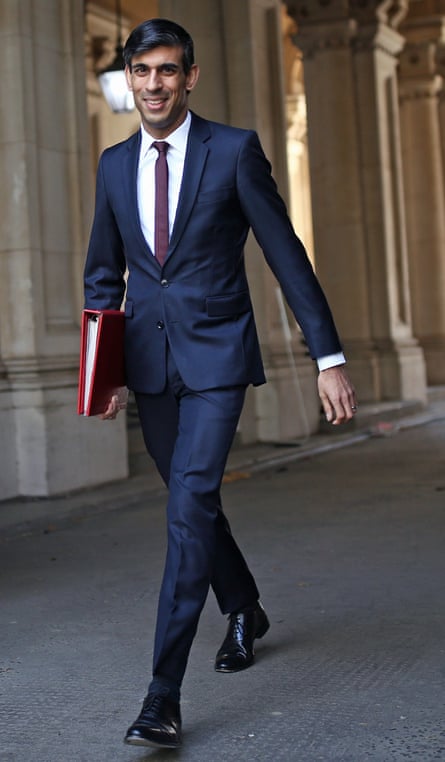What is it with the Tories and bonkbusters? When they’re not writing their own, they’re coyly briefing on their love for the genre. Last week, just as we had managed to sandblast from our minds’ eyes the image of Rishi Sunak in cycling shorts, punching the air to Britney on his Peloton, we were obliged to reckon with the revelation that he likes nothing more after a tough local election day than to kick off his Prada loafers, slip into his sliders and curl up with a copy of his favourite novel, Jilly Cooper’s Riders.
If it was a briefing – the revelation came courtesy of the Spectator’s Katy Balls in a reference to the prime minister’s cultural guilty pleasures – it’s a remarkably clever one, for who doesn’t love Jilly Cooper? She’s one of the few popular writers who transcends the divisions between high and low culture and is almost universally adored by readers regardless of political affiliation.
When I was asked to interview her at the Hay Festival in 2018, I lost count of the number of friends – male and female, from heavyweight academics to senior lawyers to literary-award-winning writers – who expressed their envy and their undying love for her books, an affection forged in most cases by thumbing through the rude bits in adolescence.
It’s rare to find any kind of snobbery aimed at Cooper’s writing in the literary world, which is in itself unusual. She hit on a winning formula: our prurient fascination with the intimate lives of the wealthy, coupled with an approach to sex that doesn’t take itself too seriously.
Perhaps that is the quintessentially British element of the Rutshire Chronicles: Cooper makes sex seem like a bit of fun. In her world it’s saucy, cheeky – more Carry On than Fifty Shades – and therefore perfectly acceptable for a prime minister to admit to enjoying without the risk of seeming sleazy, as long as you don’t look too closely at the characters. (These days Cooper’s roguish hero Rupert Campbell-Black ought by rights to be MeToo-ed into oblivion.)
Riders was Cooper’s debut novel, in which outsider Jake Lovell, with the help of his wealthy wife, gains a foothold in Cotswold high society and finds himself locked in bitter rivalry with the ultimate insider – posh, blond, philandering Campbell-Black – a feud that turns increasingly nasty as they realise only one of them can take the ultimate prize.
While it’s hard to pinpoint exactly which elements of that plot might possibly speak to Rishi Sunak, I am very much available if the prime minister ever chooses to grant an exclusive interview to discuss the matter.
after newsletter promotion

Unless, of course, it’s not true. There is, it must be said, a slight whiff of focus group about Sunak’s inoffensively relatable cultural interests, which also include the music of Michael Bublé and the Netflix show Emily in Paris. When asked by tabloids about the Prime Minister’s Jilly Cooper fandom, a No 10 spokesman said that he had not specifically discussed Riders with his boss. Oh. Could this be another McDonald’s breakfast wrap moment?
I do hope not. After the years of listening to the last-but-one PM spraying Shakespearean and classical quotations around to distract from his lack of any real cultural sensibility, it would be disappointing to find Sunak doing the same at the commercial end of the spectrum. To be fair, in the age of Zoom we have all become hyper-conscious of what the bookshelves behind us are projecting to an audience, and most of us are guilty of a bit of strategic curation. For politicians, that pressure is writ large. Some have made a virtue of it: Barack Obama and Nicola Sturgeon, for instance, regularly shared their reading lists, offering up a wide range of genres and writers that, while obviously carefully selected, still felt like an authentic reflection of their interests.
Does it even matter what a political leader reads in his or her spare time? If you believe in the power of literature to foster empathy and curiosity, then I think it does. It’s surely no coincidence that the worst US president in history was a man who could plausibly claim, like the comedy character Garth Marenghi, to have written more books than he’d read.
At the very least, the shared love of a book can be a point of connection between people, regardless of other differences. Whether Sunak can co-opt the enduring popularity of Jilly Cooper to endear himself to her 12 million readers remains to be seen.

